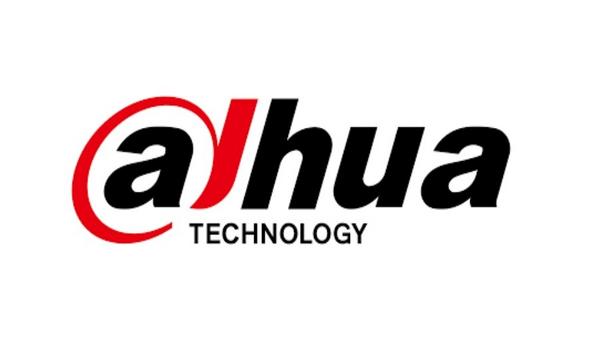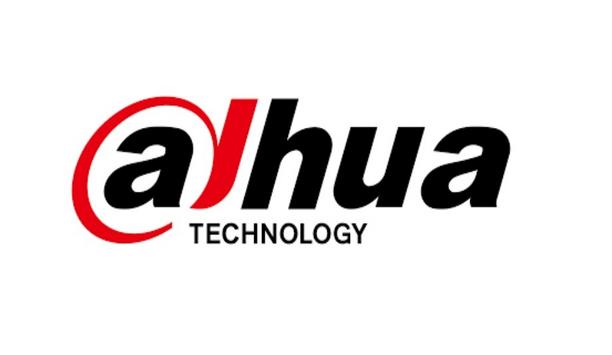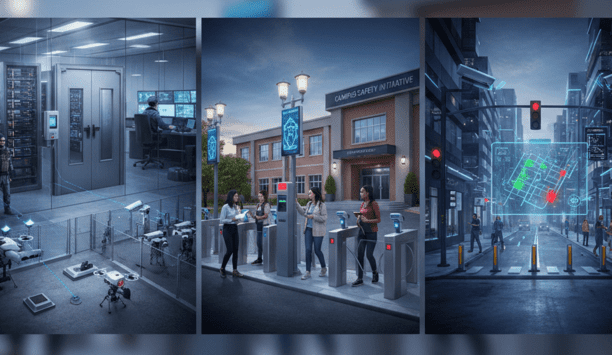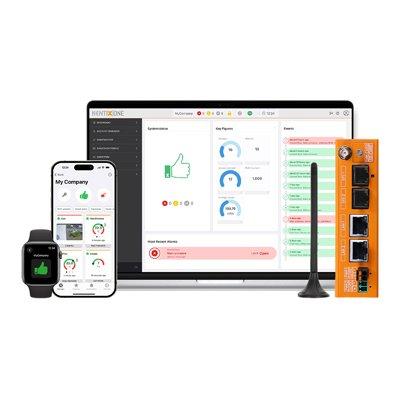One of the biggest trends in security and technology today is centered around solutions that take advantage of the wealth of connected security systems and devices powering the organisations all over the world.
As the number of cloud-powered systems and sensors have massively grown in recent years, security leaders in the private and public sectors have started to look at ways to leverage the data from these devices to better the lives of employees, customers, and residents.
But while the dream of creating a smarter, safer environment remains the top priority for organisations throughout the world especially as they continue to face the ramifications of the COVID-19 pandemic, a myriad of factors hold security leaders back from implementing more advanced technologies across their infrastructures.
AI as a disruptor of physical security
One of the main reasons being that the advent of these cloud based technologies indubitably generate massive amounts of data that hamper any practical use by security professionals and often times create cognitive overload and paralysis by analysis.
A myriad of factors hold security leaders back from implementing more advanced technologies across their infrastructures
Organisations face the challenge of trying to answer numerous questions using the big data generated by the various systems and technologies. How are they going to handle the influx of information that all these disparate systems generate? How can it be analysed to extract any useful information or insight? What IT security controls are put in place to safeguard the data? How can the data be effectively curated and funneled to the right people at the right time? How can we make our security footprint be more proactive rather than constantly reactive?
The answer is artificial intelligence. AI is undoubtedly one of the bigger disrupters in the physical security industry and adoption is growing at a rapid rate. And it’s not just about video analytics. Rather, it is data AI, which is completely untapped by the security industry.
Improving your competitive advantage
Today, all divisions of an enterprise are trying to leverage AI and big data to improve their competitive advantage and bottom line, including accounting, sales and marketing, material sourcing, and research and development.
We need to ensure that the physical security industry realises they can significantly benefit from better, faster, and more accurate intelligence from the now unstructured, bottomless silos of security data; only then will this result in positioning physical security from a primarily reactive business to a revolutionary new proactive environment.
AI is undoubtedly one of the bigger disrupters in the physical security industry and adoption is growing at a rapid rate
As an industry, we need to focus on reinventing how security personnel and safety resources are allocated in the public safety and corporate security industry. And it all has to start with intelligence derived from big data using AI. Security leaders in the physical security and law enforcement industry can combine multiple data sources with predictive and prescriptive analytics and artificial intelligence to inform and dynamically deploy personnel, assets, and technologies. This approach drives automation of their current manual processes to maximise the effectiveness and efficiency of their entire security operations.
Intelligently predicting the future?
Bottom line: AI can change up your security game by automatically deciphering information to predict the future using a wide range of sources and data that have been collected, whether past, present, and future. That’s right; you can look into the future.
By grabbing a hold of this AI-powered crystal ball, decision-makers can perform long-term strategic planning and informed day-to-day operational decision making. And what’s more, AI powered platforms are software-based, often delivered using as-a-service business models that empower security personnel to go beyond traditional static business intelligence visualisation and reporting systems to transformative dynamic, predictive and prescriptive decision-making environments. Today’s platforms are also not your traditional, old school, expensive PSIMs; they are cost-effective, configurable to your needs and dare we say, easy to operate.
Every security leader I have spoken with lately want to extend AI to their security programs. They don't always know precisely where AI will fit, but they understand the need to operationalise more of their security practices. The overall why is that we should all work collaboratively to help organisations across the globe leverage the tools available to transition away from a reactive stance and gain informed insight into the future where we are truly prepared for and one step ahead of what is coming down the road.
Learn why leading casinos are upgrading to smarter, faster, and more compliant systems

























